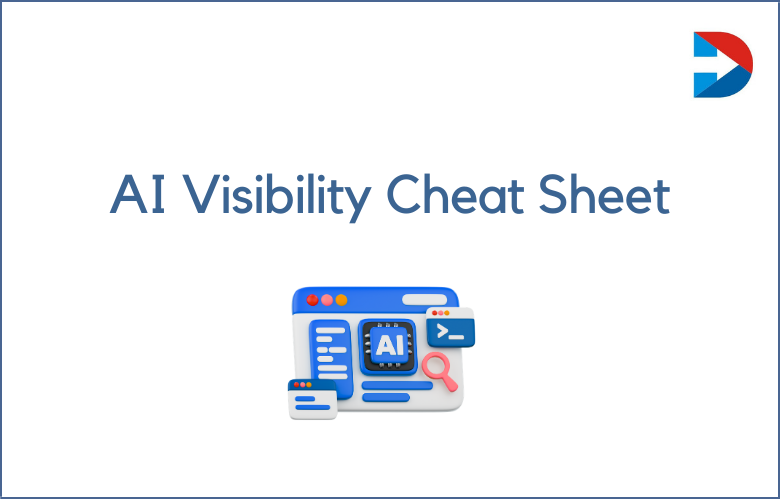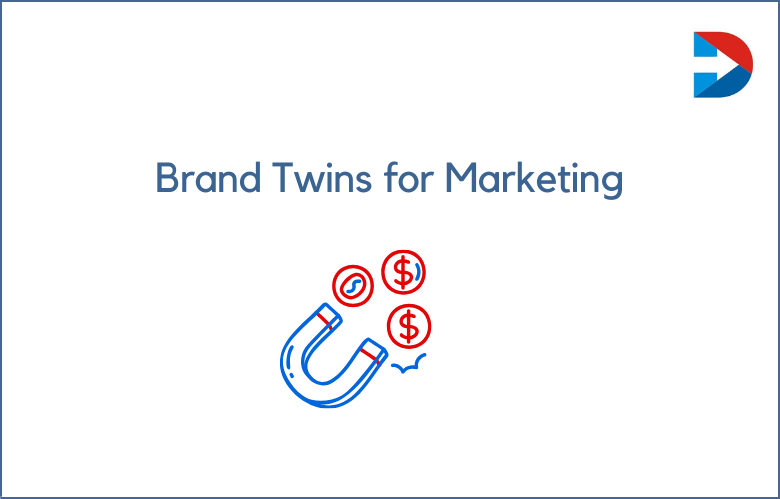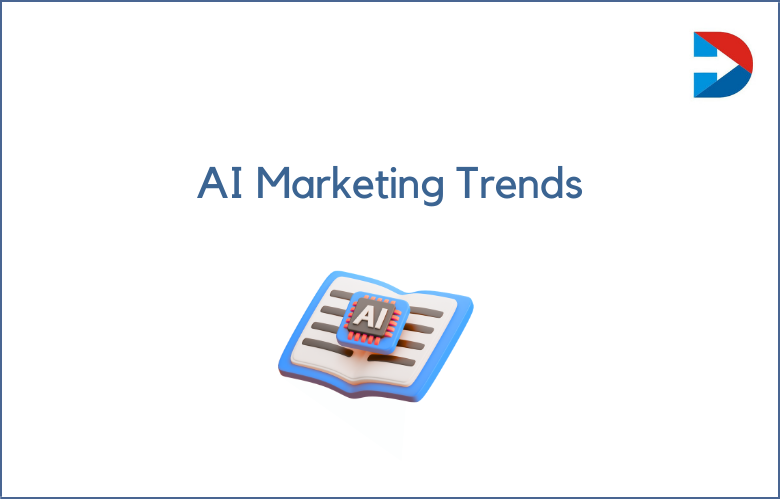
Pharmaceutical marketing refers to pharmaceutical companies promoting and advertising prescription drugs and medical devices.
With the growing demand for healthcare and the increasing competition in the industry, pharmaceutical marketing has become a game-changer in the medical world.
The government heavily regulates the industry, making it challenging for marketers to navigate the complex landscape.
However, pharmaceutical marketing can significantly benefit the healthcare system when executed correctly.
We will dive deep into pharmaceutical marketing and explore pharmaceutical companies’ methodologies.
What is Pharmaceutical Marketing?
Pharmaceutical marketing is promoting prescription drugs to physicians, pharmacists, and patients using various channels such as direct mail, sales representatives, and digital platforms.
Its primary goal is to educate consumers and healthcare providers about available medications while increasing product sales.
Pharmaceutical companies use various tactics to achieve this goal, such as sponsoring medical conferences and providing educational materials and samples to healthcare providers.
How Pharmaceutical Marketing Is Impacting Our Lives
Pharmaceutical marketing is one of the most critical aspects of the healthcare industry. It is the process by which pharmaceutical companies promote and sell their drugs and other related products to healthcare providers and patients.
Over the years, pharmaceutical marketing has undergone significant changes with the advent of new technology and changing healthcare laws. We will explore the various aspects of pharmaceutical marketing and its impact on our lives.
The Ins and Outs of Pharmaceutical Marketing?
Pharmaceutical marketing can be controversial, with both its advocates and detractors. On the one hand, informing health professionals and patients about new treatments and options is necessary.
On the other hand, it can also be seen as pushing for unnecessary prescriptions and driving up healthcare costs.
We’ll explore the world of pharmaceutical marketing, examine its pros and cons, and see what regulations are in place to ensure it’s done ethically.
Before diving into the details of pharmaceutical marketing, it’s essential to understand what it entails. At its simplest, pharmaceutical marketing involves promoting prescription drugs to healthcare professionals and patients to increase their usage and sales.
This can take many forms, including advertising on television, in magazines, sponsoring educational events, and direct marketing to healthcare providers. Some of these forms of advertising are regulated, while others are not.
The Ethics and Impact of Pharmaceutical Marketing?
Pharmaceutical marketing is a vast industry that promotes and sells prescription drugs through various methods. On the one hand, pharmaceutical companies need to spread awareness and educate consumers about their products.
On the other hand, the industry is riddled with ethical dilemmas, controversies, and criticisms.
It aims to explore the ethics and impact of pharmaceutical marketing and its implications on patients, healthcare providers, and society.
Pharmaceutical marketing is a multifaceted field that encompasses a wide range of activities.
These activities include advertising in traditional media, such as TV and print ads, direct-to-consumer marketing, sponsorships, and product placements.
However, the most common and controversial method of pharmaceutical marketing is drug representatives or “detailers” who visit physicians’ offices to promote their products.
These reps use various tactics, such as providing free samples, meals, and educational materials to sway the physician’s prescribing habits.
The Impact of Pharmaceutical Marketing on Healthcare?
Pharmaceutical marketing plays a significant role in healthcare, as it helps to educate healthcare professionals about new treatments and medications. However, it can also affect healthcare decisions and increase healthcare costs.
Pharmaceutical companies often use financial incentives to encourage healthcare providers to prescribe their medications, which can impact the quality of care patients receive.
Marketing can create a bias among physicians and patients towards specific drugs, leading to overprescribing or inappropriate use of medications.
Regulation of Pharmaceutical Marketing?
Due to concerns about the influence of pharmaceutical marketing on healthcare, regulations have been put in place to ensure transparency and accountability.
The FDA regulates pharmaceutical marketing, reviewing promotional materials and advertisements to ensure accuracy and avoid false or misleading claims. Pharmaceutical companies must also comply with laws restricting gifts and financial incentives offered to healthcare providers.
The Future of Pharmaceutical Marketing?
As healthcare becomes more digitized, pharmaceutical marketing is shifting toward digital platforms.
Social media, mobile apps, and online advertisements are becoming increasingly popular strategies for pharmaceutical marketing.
This shift will require more effective strategies for targeting the right audience, creating engaging content, and complying with regulatory requirements.
The Types of Pharmaceutical Marketing?
Branding:
Branding is one of the primary strategies pharmaceutical companies use to promote their drugs. Branding involves creating a memorable name, logo, and slogan for the medicine to distinguish it from its competitors.
A well-crafted and recognizable brand can help increase patients’ trust and move them toward the product.
The branding strategy is a vital ingredient in the success of the drug as it establishes the drug’s identity in the market.
Direct-to-Consumer Advertising:
Direct-to-consumer (DTC) advertising is a marketing strategy that targets consumers directly rather than healthcare providers.
DTC advertising can be conducted through various mediums like TV commercials, print advertisements, online ads, and social media. This advertising method has been a subject of debate because it has both benefits and drawbacks.
Supporters of DTC advertising argue that it educates patients about new treatments and provides an avenue to seek healthcare information. On the other hand, opponents criticize it for leading patients to self-diagnosis, disregarding medical advice, and increasing drug costs.
Relationship Marketing:
Relationship marketing is a strategy that involves cultivating lasting emotional connections between the pharmaceutical company and its customers.
Pharmaceutical companies build relationships by providing hands-on educational programs for healthcare providers, sponsoring different events and activities, and providing medicines at subsidized rates.
Building a strong bond with customers creates loyal customers who will return for repeat business, positively impacting the company’s bottom line.
Digital Marketing:
Digital marketing has revolutionized the healthcare industry, especially in the pharmaceutical world.
Digital marketing allows pharmaceutical companies to deliver personalized messages to various user segments through online ads, social media marketing, and search engine optimization.
It also enables pharmaceutical companies to monitor customer behavior and analyze trends in real-time, making strategic marketing decisions.
Outbound Marketing:
Outbound marketing involves contacting customers in many ways, like cold calling, direct mail campaigns, or email marketing. Although outbound marketing is not the preferred marketing strategy in the pharmaceutical world, it remains vital in building brand awareness.
Conclusion:
Pharmaceutical marketing plays a vital role in the healthcare industry, continually adapting to the new changes. Understanding pharmaceutical companies’ various methodologies is essential for healthcare providers and patients.
Pharmaceutical companies can educate customers about their products through branding, direct-to-consumer advertising, relationship building, digital marketing, and outbound marketing.
Though there are concerns about pharmaceutical marketing ethics, it remains a critical tool in enhancing healthcare delivery and improving patient outcomes, propelling the industry forward.



